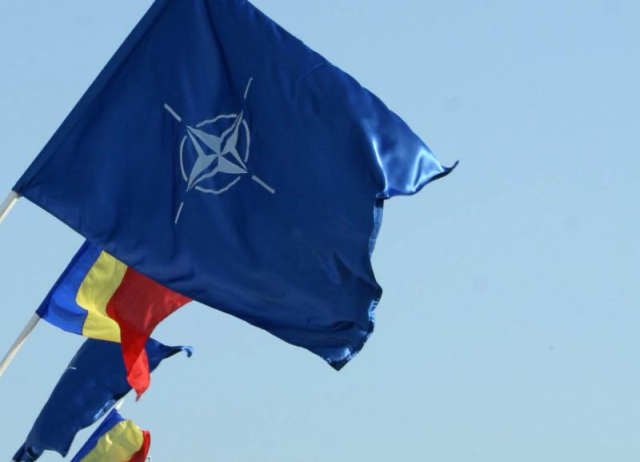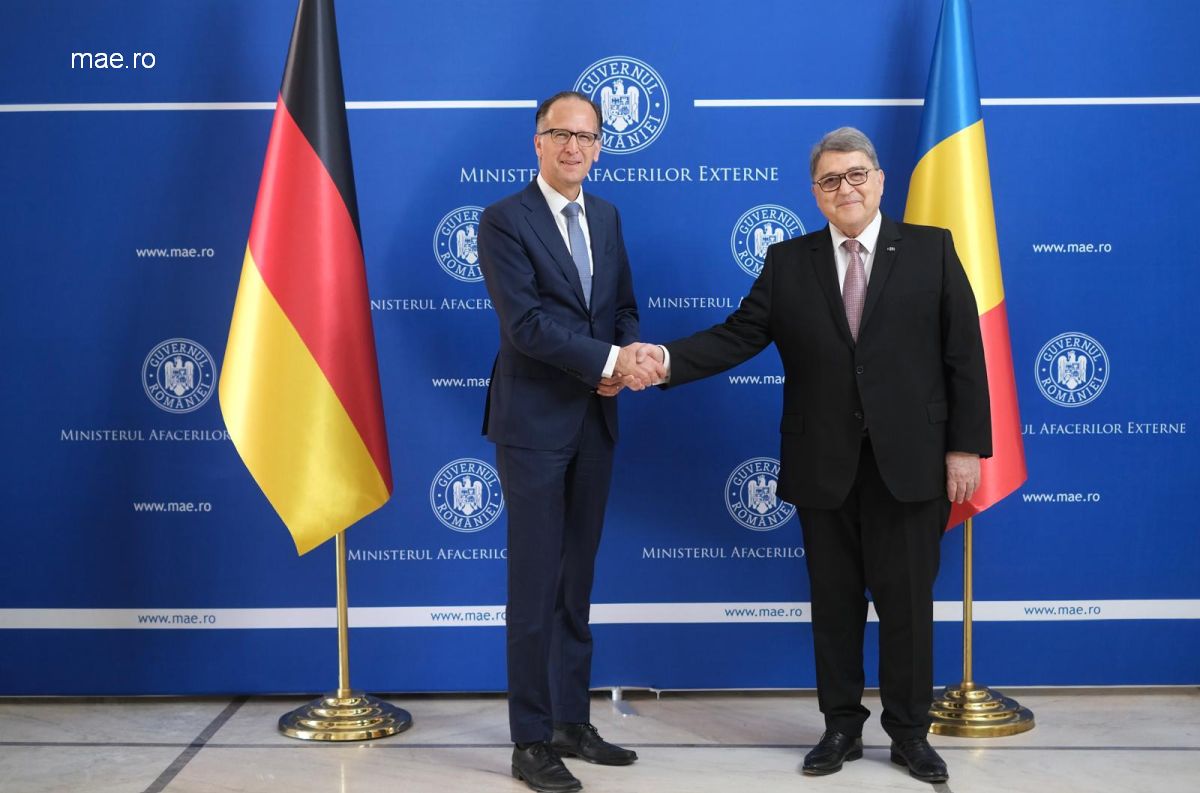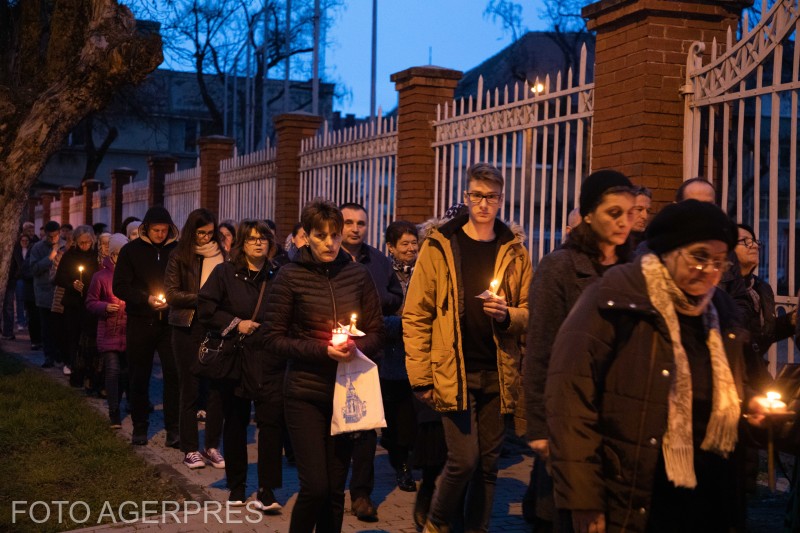Preparing for the NATO Summit
The NATO summit due on Friday and Saturday in Warsaw is aimed at redefining the NATO strategy against the current security challenges on Europes southern and eastern flanks.

Valentin Țigău, 04.07.2016, 14:06
An unprecedented NATO military buildup in Eastern Europe, after the Russian-Ukrainian conflict that started on February 24th, 2014 is the key element that will be in the focus of attention of the leaders of the 28 countries who will gather in Warsaw early this week. This two-day NATO summit is an extremely important one, also to Romania, which is situated on the eastern border of both the EU and NATO.
Also, the summit will establish the main direction lines of the future NATO strategy, to make sure the alliance will remain an essential source of stability in a world which is growingly unsafe and unpredictable. According to Radio Romanias correspondent in Brussels, the NATO Secretary General Jens Stoltenberg might also put on the agenda of talks the consequences of Brexit. He has recently stated that after Great Britain decided to leave the EU, NATO has become an even more important cooperation platform between Europe and the US, but also a major platform of military and security cooperation among the NATO allies in Europe.
The Warsaw summit is of utmost importance to Bucharest. Last year, the anti-missile defense shield in Deveselu, in southern Romania, was rendered operational, placing Romania on the map of NATOs defense system in Eastern Europe. Its one of the most important US bases in Europe, devised as a defense system against threats coming from outside Europe, as the US Ambassador to Bucharest Hans Klemm has stated, also stressing the fact that the shield does not target Russia.
On Friday, Canada announced it would send 1,000 soldiers to Latvia, under a deployment mission of four NATO battalions in Eastern Europe, stating its wish to be, alongside the US, Great Britain and Germany, one of the framework-nations that will strengthen NATOs advanced presence in Central and Eastern Europe. On the other side, though, Russia accuses the Alliance of involving Russia into a frantic arms race, which breaks the military balance established after the fall of the USSR in 1991.
Last week, Russian President Vladimir Putin denounced the NATO military maneuvers near the Russian border, in particular in the Black Sea and the Baltic Sea, warning that Moscow would respond “adequately to these challenges. Observers estimate that the summit in Warsaw will strengthen NATOs tough stand against Russia. The recent appointment of a specialist in Russian affairs, Rose Gottemoeller, as Deputy Secretary General of the Alliance might be regarded as a sign of this strategy. Before taking this office, Gottemoeller was the Under Secretary of State for Arms Control and International Security for the U.S. State Department.






























